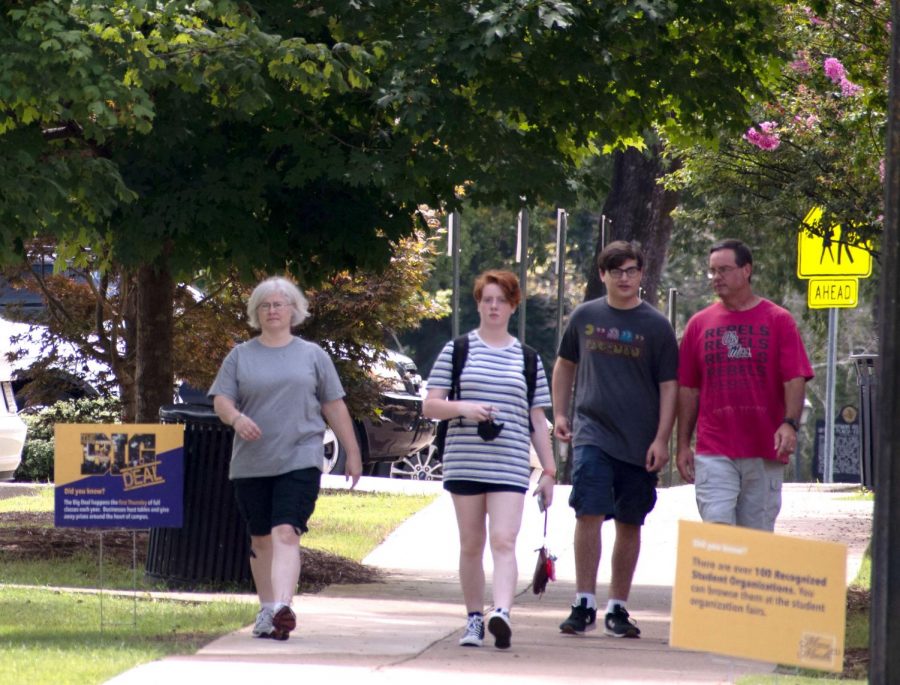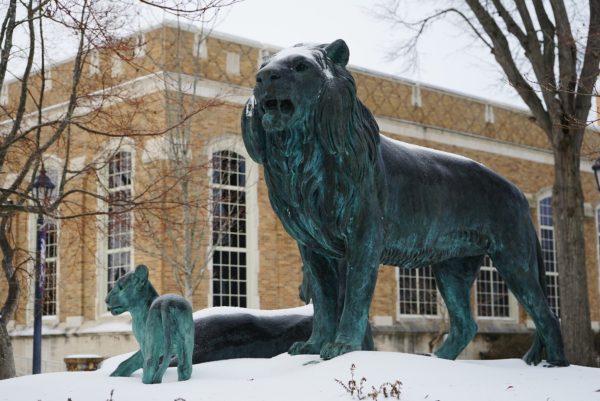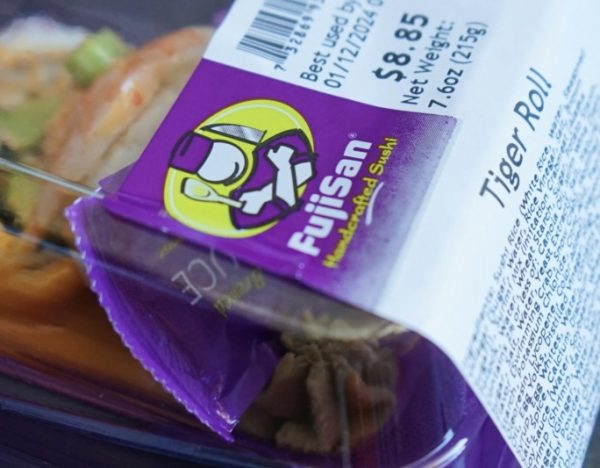Task force monitors COVID-19 threat
The COVID-19 Recovery Task Force (CRTF) announced its plans for returning to campus this fall. They implemented a temporary mask mandate, but hope to review it soon.
August 19, 2021
As the University of North Alabama gears up for another semester amid global health concerns, campus life will continue to adapt to a changing threat level in the COVID-19 pandemic.
But will vaccinations and other safeguards help campus open up more this year?
The campus COVID-19 Recovery Task Force (CRTF), headed by Kimberly Greenway, is continuing to monitor the threat level of the virus to ensure returning to campus remains safe.
Their initial plan of action outlines what students can expect for life on campus this fall semester.
COVID-19 vaccination, though not required, is strongly encouraged by the CRTF. Since guidance varies depending on vaccination status, the CRTF can estimate that vaccinated individuals will experience fewer restrictions than unvaccinated.
The university is offering on-campus vaccine appointments that can be made through University Health Services.
The university has implemented the ability to upload vaccine documentation in the University Health Services Patient Portal on their website.
“Although there is no requirement to do so, we hope that students and employees will voluntarily enter their vaccine status and upload a copy of their vaccination card,” Greenway said. “Knowing the percentage of vaccinated individuals on campus is a significant data point that may allow us to lift restrictions sooner.”
Vaccination documentation will also help contact tracing and in determining the need for quarantine. Greenway notes that only approved medical personnel will have access to vaccine information.
Social distancing and the use of face coverings are still encouraged as secondary safeguards as well.
After recognizing the recent rise in COVID-19 cases, the CRTF has decided to temporarily require everyone to wear face coverings in public indoor spaces on campus and while aboard university transportation.
The revision is being evaluated weekly and will be fully reconsidered in no more than 30 days.
To monitor the risk level, the CRTF evaluates national and local case data, transmissibility data, university case data, percent of community vaccinated and recommendations from the CDC and the Alabama Department of Health.
“The more we learn about the virus, the more data points we use to evaluate,” Greenway said. “Guidance continues to be monitored and will be adjusted when needed. Our hope is that cases will begin to decline soon so that restrictions can be lifted, when appropriate.”
Students can expect the restrictions to be fluid as the CRTF monitors these sources.
“The nature of a pandemic is that it isn’t predictable or easily controlled,” Greenway said. “Thus far UNA has been able to implement guidance that has allowed us to mitigate spread of the virus and still offer a vibrant student experience. We appreciate the UNA community’s compliance to guidance that has allowed us to do so.”
The CRTF hopes that students will take personal responsibility in abiding by the guidance plan it has have created. However, the CRTF and the ADPH are also working to provide several incentives for vaccination, including cash and other prizes.
The CRTF expects life on campus to be more open than in past semesters, but will continue to monitor the threat COVID-19 poses to university operations.
Although COVID-19 has forced university life to adapt in the past few semesters, UNA has seen growth in enrollment and program accreditations that many other universities have not.
The growth in online learning is evident this past year as both a necessity for social distancing, but also as a viable option for those looking for a non-traditional educational experience.
The university has compiled an annual online report that highlights the accomplishments of online students, faculty, and programs.
“During the past several years, UNA has invested strategically in the expansion of online programs, with great success,” Provost Ross Alexander said in the report. “As a result, the university has celebrated record enrollment every consecutive term since Summer 2018, including this past fall and spring during the pandemic, as a direct result of online education.”
Amber Paulk, Provost for Academic Affairs, said she has seen online learning be an asset to students who cannot take full-time on-campus classes or would prefer flexibility in their education.
The report also features student testimonials to this point.
“I chose this program at UNA because of the affordability and flexibility of the online program’s 8-week courses,” said Alvina Pruitt, who received her masters in business administration this year. “My favorite things so far include the flexibility the program allows, tuition payment plans, and the responsiveness of professors.”
Online learning has also allowed UNA to take on students at an international scale. UNA’s online program has students represented from 58 countries around the globe.
“University of North Alabama was uniquely equipped to transition all of its courses to an online environment, which allowed students to continue to progress toward degree completion without interruption,” said the university’s report.
In addition to higher enrollments due to online offerings, UNA’s program accreditations will also play a role in bringing in new students.
Despite the setbacks and challenges caused by COVID-19, through online adaptations and the efforts of the CRTF, UNA students can strive for a successful return to campus this fall.
The COVID-19 Recovery Task Force (CRTF) announced its plans for returning to campus this fall. They implemented a temporary mask mandate, but hope to review it soon.












